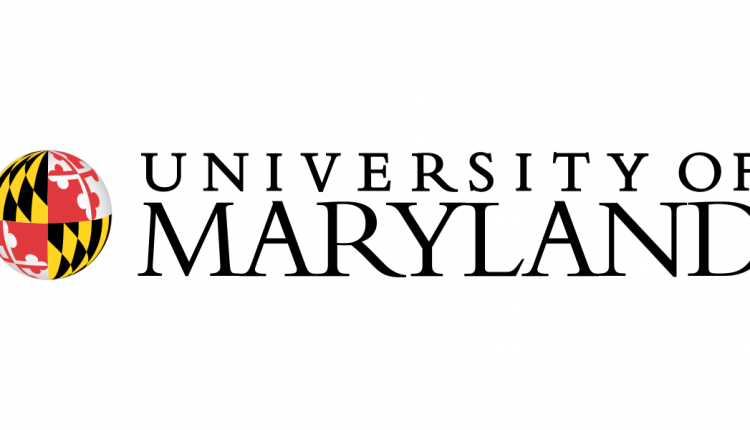University of Maryland: 1856 Project Starts With Campus Community
From investigating historic connections to the slave economy to examining the experiences of current Black students, the University of Maryland’s ambitious 1856 Project aims to illuminate the past and influence the future of a diverse institution.
Led by Lae’l Hughes-Watkins, university archivist, and Joni Floyd, University Libraries’ curator for Maryland and Historical Collections, the 1856 Project will hold its first virtual listening session for the campus community today to outline its mission, objectives and priorities. A second will follow on Friday.
“These sessions are a part of the collaborative approach we seek with campus stakeholders,” said Floyd, who chairs the project’s outreach and engagement committee.
The project is part of UMD’s partnership with the Universities Studying Slavery Consortium, an international coalition hosted at the University of Virginia that encourages campuses to look into connections to slavery and the slave trade, while addressing issues of race and inequality in higher education.
“It’s necessary to connect the threads of this project with contemporary discourse and underscore how these histories have impacted the lives and trajectory of our institution,” Hughes-Watkins said.
Some planned initiatives under the 1856 Project include conducting an archaeological survey of portions of campus; investigating past university officials and faculty believed to have been tied to enslaved labor; research into the slave economy of the communities in and around College Park; and panel discussions on contemporary Black life at UMD.
The 1856 project will build off existing scholarship; for example, a 2006 history course led by the late history Professor Ira Berlin resulted in the publication of “Knowing Our History: Slavery and the University of Maryland.” That report’s conclusion was that “If slaves didn’t lay the bricks (at UMD), they made the bricks. If they didn’t make the bricks, they drove the wagon that brought the bricks. If they didn’t drive the wagon, they built the wagon wheels.”
Hughes-Watkins said the 1856 Project will try to assemble as much detail on that dynamic as possible, from whether bricklayers were slaves to the university’s interaction with the historically Black community of Lakeland in College Park to what 19th-century faculty were teaching in classrooms.
“That was literally just a start,” she said. “There is still so much to investigate and recover.”

